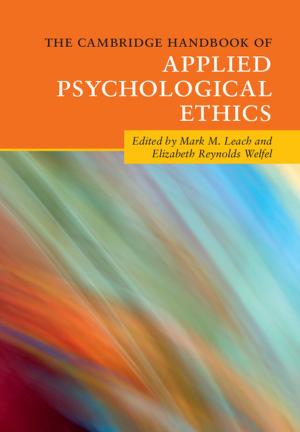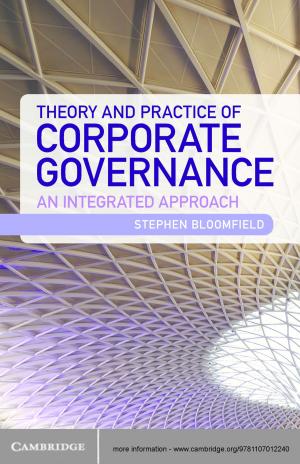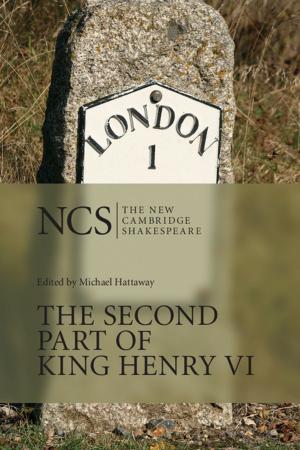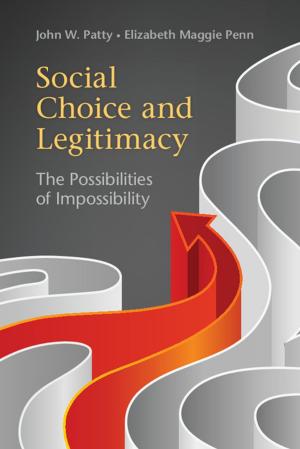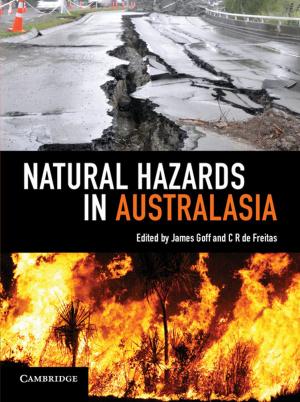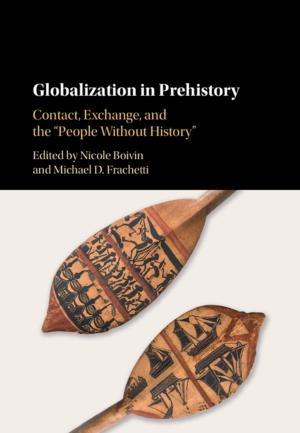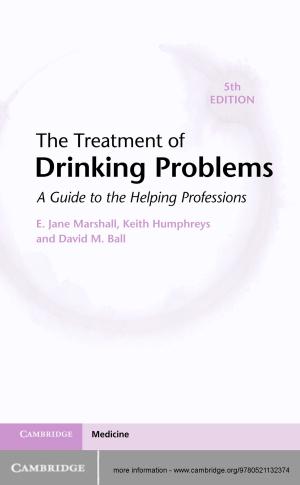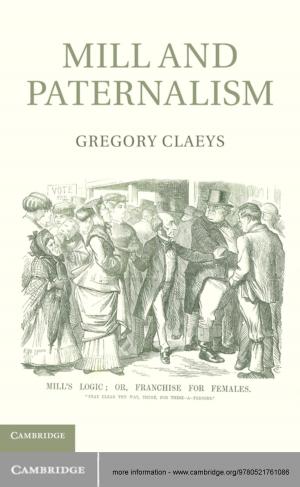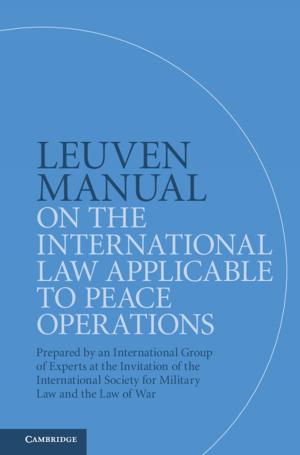| Author: | Douglas Biber, Susan Conrad | ISBN: | 9780511700408 |
| Publisher: | Cambridge University Press | Publication: | October 29, 2009 |
| Imprint: | Cambridge University Press | Language: | English |
| Author: | Douglas Biber, Susan Conrad |
| ISBN: | 9780511700408 |
| Publisher: | Cambridge University Press |
| Publication: | October 29, 2009 |
| Imprint: | Cambridge University Press |
| Language: | English |
This book describes the most important kinds of texts in English and introduces the methodological techniques used to analyse them. Three analytical approaches are introduced and compared, describing a wide range of texts from the perspectives of register, genre and style. The primary focus of the book is on the analysis of registers. Part 1 introduces an analytical framework for studying registers, genre conventions, and styles. Part 2 provides detailed descriptions of particular text varieties in English, including spoken interpersonal varieties (conversation, university office hours, service encounters), written varieties (newspapers, academic prose, fiction), and emerging electronic varieties (e-mail, internet forums, text messages). Finally, Part 3 introduces advanced analytical approaches using corpora, and discusses theoretical concerns, such as the place of register studies in linguistics, and practical applications of register analysis. Each chapter ends with three types of activities: reflection and review activities, analysis activities, and larger project ideas.
This book describes the most important kinds of texts in English and introduces the methodological techniques used to analyse them. Three analytical approaches are introduced and compared, describing a wide range of texts from the perspectives of register, genre and style. The primary focus of the book is on the analysis of registers. Part 1 introduces an analytical framework for studying registers, genre conventions, and styles. Part 2 provides detailed descriptions of particular text varieties in English, including spoken interpersonal varieties (conversation, university office hours, service encounters), written varieties (newspapers, academic prose, fiction), and emerging electronic varieties (e-mail, internet forums, text messages). Finally, Part 3 introduces advanced analytical approaches using corpora, and discusses theoretical concerns, such as the place of register studies in linguistics, and practical applications of register analysis. Each chapter ends with three types of activities: reflection and review activities, analysis activities, and larger project ideas.

